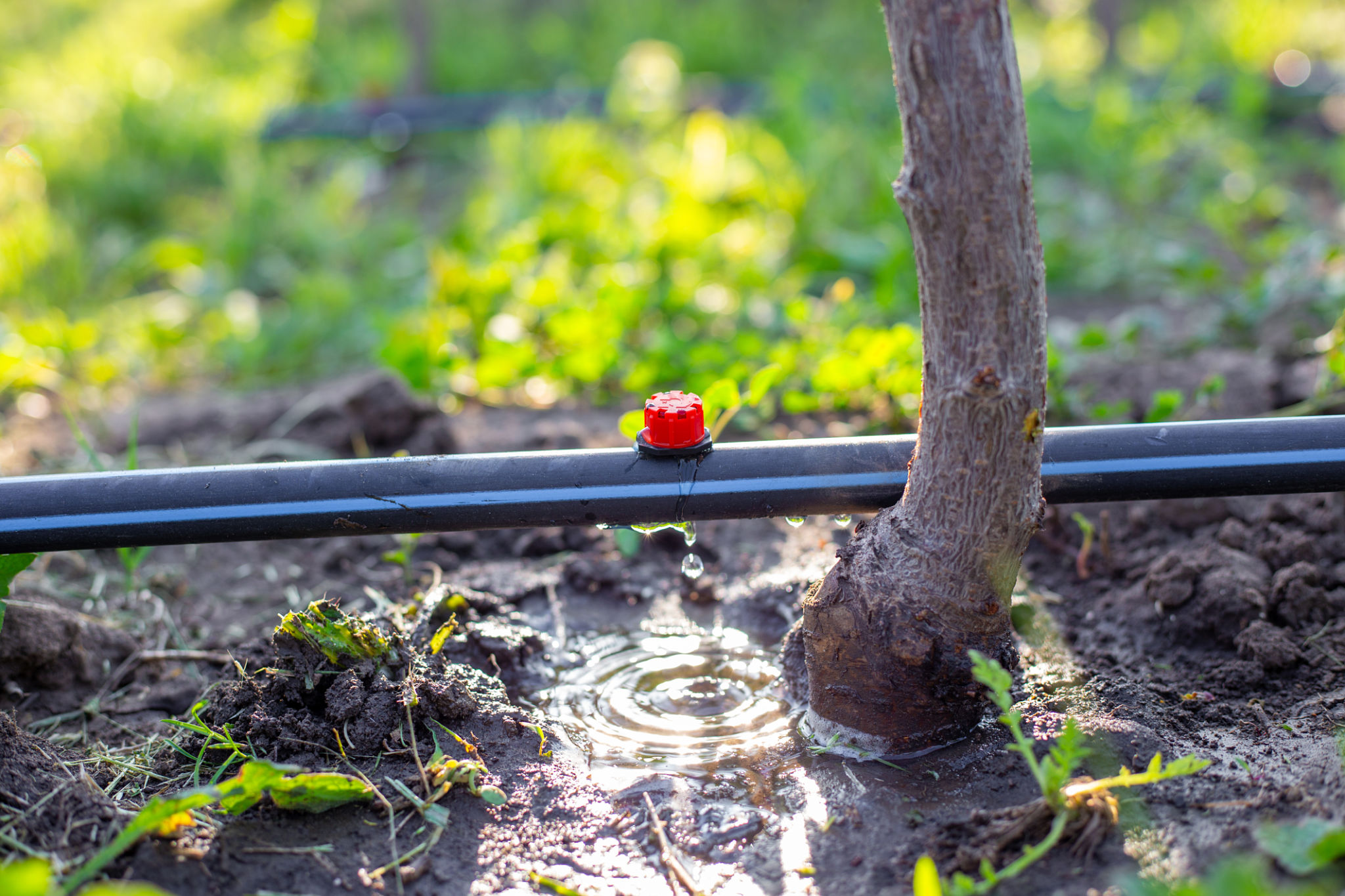Sustainable Landscaping Practices for a Greener Dornsife Community
Creating a sustainable landscape in the Dornsife community is more than just an environmental choice—it's a commitment to fostering a healthier ecosystem while enhancing the beauty of our surroundings. By adopting eco-friendly practices, residents can contribute to a greener future that benefits both people and wildlife.

Understanding the Importance of Native Plants
One of the foundational aspects of sustainable landscaping is the use of native plants. These plants are adapted to the local climate and soil conditions, which means they require less water, fertilizer, and maintenance. By choosing native species, you can significantly reduce your landscape’s environmental impact while supporting local biodiversity.
Incorporating native plants also helps attract pollinators such as bees, butterflies, and birds. This not only enhances the beauty of your garden but also plays a crucial role in maintaining the ecological balance within the community.
Water Conservation Techniques
Water conservation is a critical component of sustainable landscaping. Implementing efficient irrigation systems, such as drip irrigation or soaker hoses, can drastically reduce water usage. These systems deliver water directly to the roots, minimizing evaporation and runoff.

Additionally, collecting rainwater in barrels for garden use is an excellent way to conserve water. This practice not only reduces the demand on municipal water supplies but also helps in managing stormwater runoff.
Soil Health and Composting
Healthy soil is the foundation of a thriving landscape. By focusing on soil health, you can improve plant growth and reduce the need for chemical fertilizers. Composting is an effective way to enrich the soil with nutrients. It recycles organic waste into valuable humus, enhancing soil structure and fertility.
Using mulch is another practice that benefits soil health. Mulching helps retain moisture, suppress weeds, and regulate soil temperature, making it an essential component of sustainable landscaping.

Reducing Chemical Use
Minimizing the use of chemical fertilizers and pesticides is crucial for protecting the environment. Opting for organic or natural alternatives can help maintain the health of your garden without harming beneficial insects or contaminating water sources. Integrated pest management (IPM) strategies, which combine biological, cultural, and physical controls, offer a holistic approach to pest control.
By embracing these sustainable landscaping practices, the Dornsife community can create a vibrant and eco-friendly environment. Not only do these efforts contribute to a healthier ecosystem, but they also enhance the quality of life for all residents. Together, we can cultivate a greener future for generations to come.
